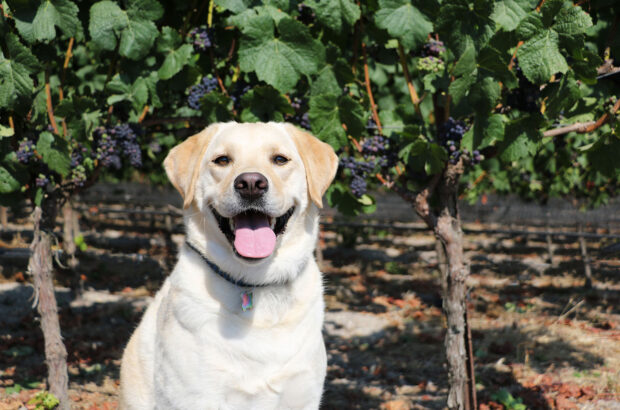Some Greek Assyrtiko from the mainland is very good, says Joanna Simon, although there really isn’t anything quite like that from Santorini...
Assyrtiko is to Greece what Albariño is to Spain or Grüner Veltliner is to Austria.
What sets it apart from other countries’ equivalent varieties is that Assyrtiko has barely travelled. The wine has been (and is increasingly) exported and appreciated, but the vine has not.
Only Australia has broken the mould – and only recently – with the first commercial release of a home-grown Assyrtiko this year (from Jim Barry in Clare Valley, which I can recommend).
Scroll down for Joanna’s top five Greek Assyrtiko picks from her 18 recommendations, featured in Decanter magazine’s August issue Expert’s Choice.
At home it’s a different story: Assyrtiko has spread from the Aegean islands, where it probably originated on Santorini, to many parts of the mainland, including Attica, the Peloponnese and Macedonia. Some of the mainland wines are very good, but they tend to be softer, less wild and distinctive than Santorini.
‘There really isn’t anything like Santorini Assyrtiko’
Santorini
If ever a wine justified the description ‘mineral’, it’s the dry white made on this volcanic island. It’s hard to describe the intense, sometimes pungent, smoky, volcanic smell and taste in any other way.
It isn’t the only flavour of course: penetrating citrus, especially lemon, is the other signature flavour, sometimes with quince or a floral note. There can be a salty edge, too. And then there’s the trademark high acidity. Assyrtiko has the ability to hold its tartaric acid in a hot climate.
Another quirk is the age of the vines: because phylloxera gives volcanic deposits a miss, the vines are ungrafted and many are old and exceptionally deep-rooted. Low yields are a given, but vintages are not too variable. 2016, 2015 and especially 2014 were all successful.
Oak
With the natural acidity and intense mineral and lemon flavours, Assyrtiko is a candidate for fermentation and/or ageing in oak. Sometimes I could wish for a
little less but, compared to five years ago, oak has become a more subtle seasoning in Greece. Hurray for that!
Joanna’s top five Greek Assyrtiko picks:
Related content:

Jim Barry Wines produces first Australian Assyrtiko
Clare Valley-based Jim Barry Wines has produced Australia’s first Assyrtiko...

Can Assyrtiko be oaked? – ask Decanter
Can it be oaked...?

Rosé wines with food: Inspiration for great pairings
Premium rosé to match with good food...

Great white wines for summer
Get these wines chilling...







